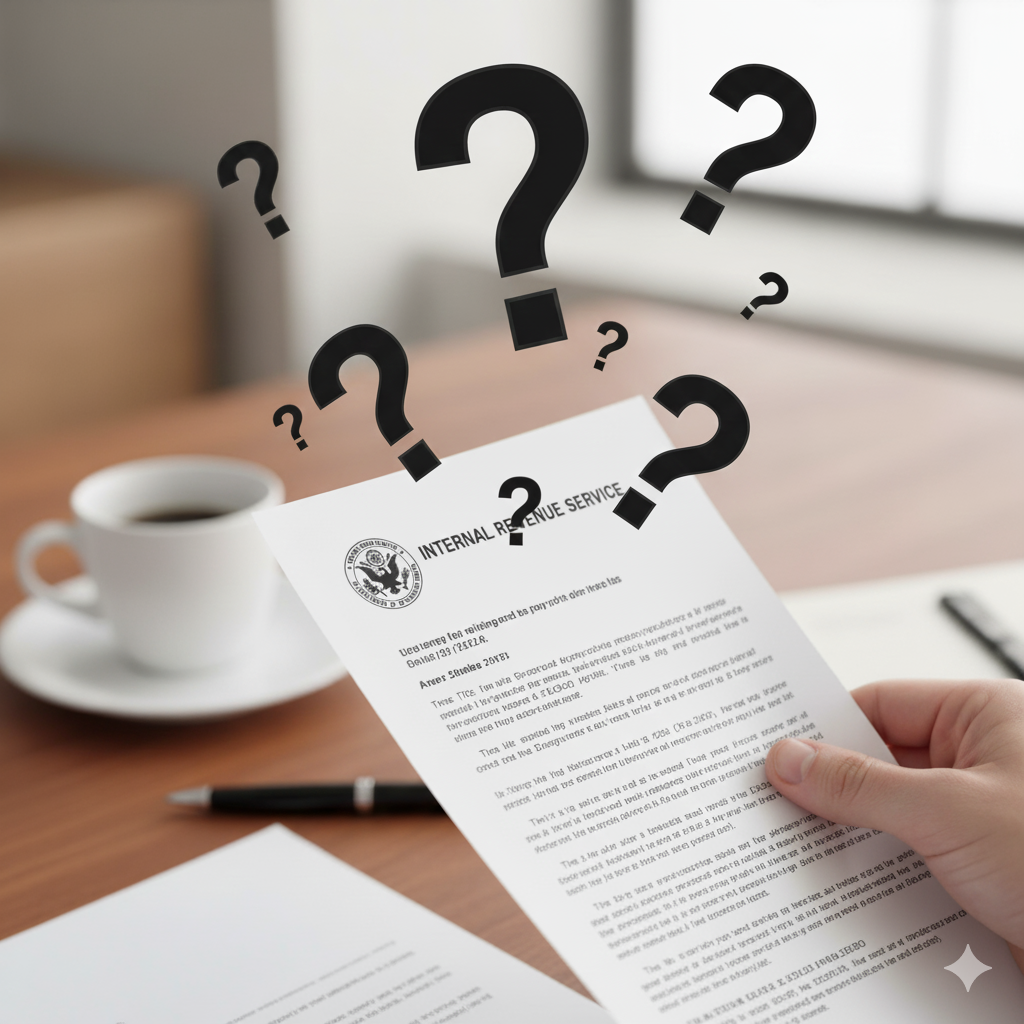WRONG!!
Many clients believe that their social security retirement income is "sacred" and untouchable by the IRS to satisfy outstanding tax debts. In fact, the Federal Payment Levy Program (FPLP) can, and often does, levy 15% of taxpayers' Old Age and Survivor's Benefits as part of their automatic levy program authorized under Internal Revenue Code 6331(h). (SSA Disability Insurance Benefits (SSI) are generally not part of the automatic levy program).
What can be done?
First, you must respond to IRS collections notices. The WORST course of action is to ignore the past due tax debt---it will not go away.
Second, you have a right to have your matter heard by an IRS Appeals Officer prior to any levy action. This gives you an opportunity to be heard by an independent party to ensure your due process rights were followed by the IRS. However, following an unsuccessful appeal, the levy may commence.
The single best thing you can do is work out a collection alternative with the IRS.
It may consist of a lump sum payment to satisfy the tax debt, an installment agreement to pay off the debt over time, or it may be a "currently non-collectible" status request which will put your payments on hold based on your current financial situation.
Don't wait to receive the IRS Notice CP91 (intent to seize 15% of your social security).
Contact a tax professional to help you through the process and analyze your financial situation and work on your behalf with negotiating a resolution with the IRS.
UPDATE: In case this wasn't bad enough, I wanted to quickly share an Eleventh Circuit Court of Appeals decision from last year in Dean v. United States, No. 20-14421, 2021 WL 2689599, at *1 (11th Cir. June 30, 2021).
This is an unpublished case from the 11th Circuit Court of Appeals, but the result was severe to the plaintiff.
Essentially, the court found that EVEN THOUGH the 10-year statute for the collection of Mr. Dean's tax liability had expired, the levy on his Social Security Income was found to be a "fixed and determinable right to payment". Since the levy was placed PRIOR to the collection statute expiration, the levy on that income remained operative PAST the collection expiration date (CSED) and presumably could continue until full payment of the liability.
Don't let this happen to you or your friends/family/clients.
Work with a tax attorney to develop a plan before the worse case happens!
